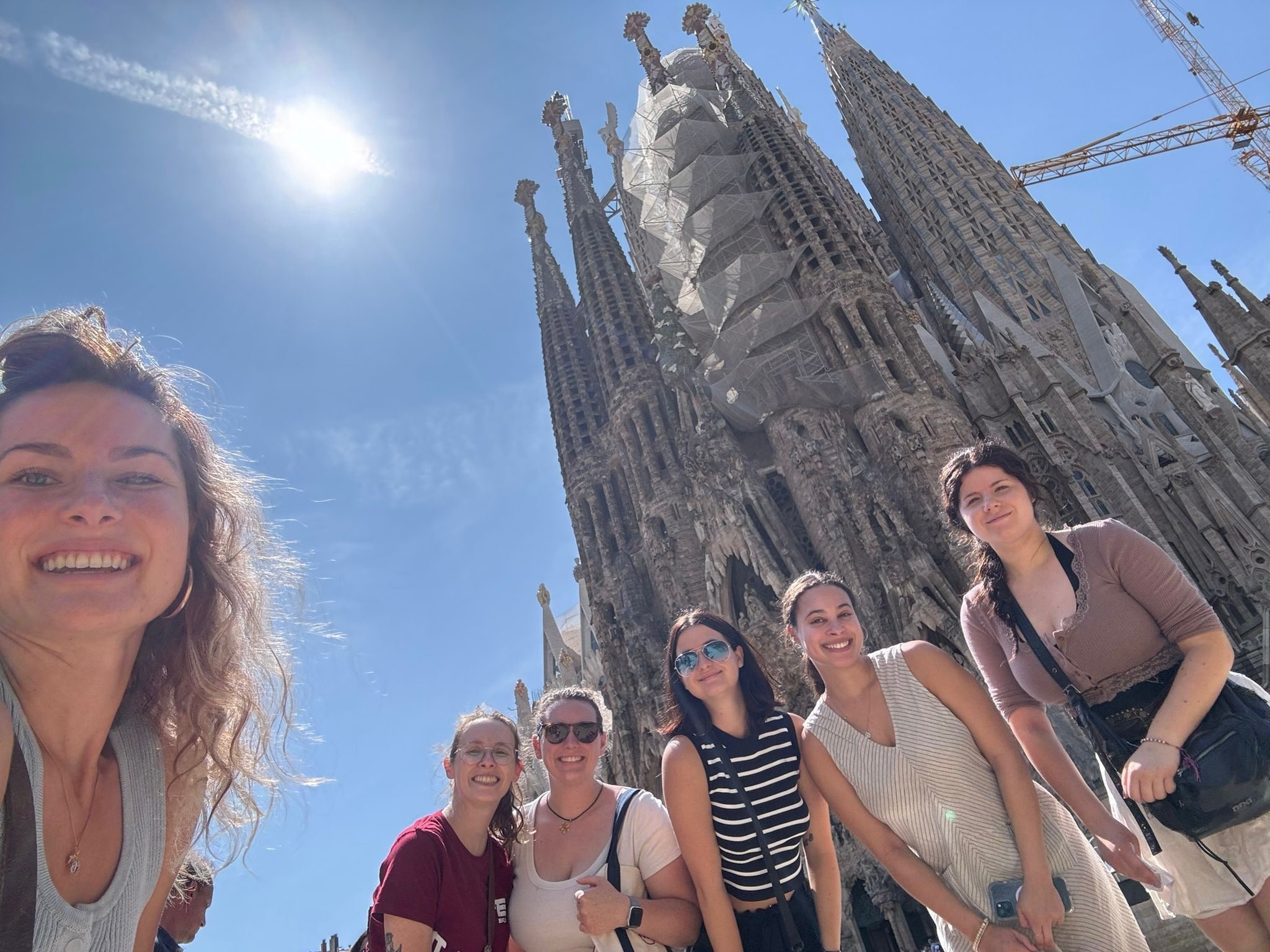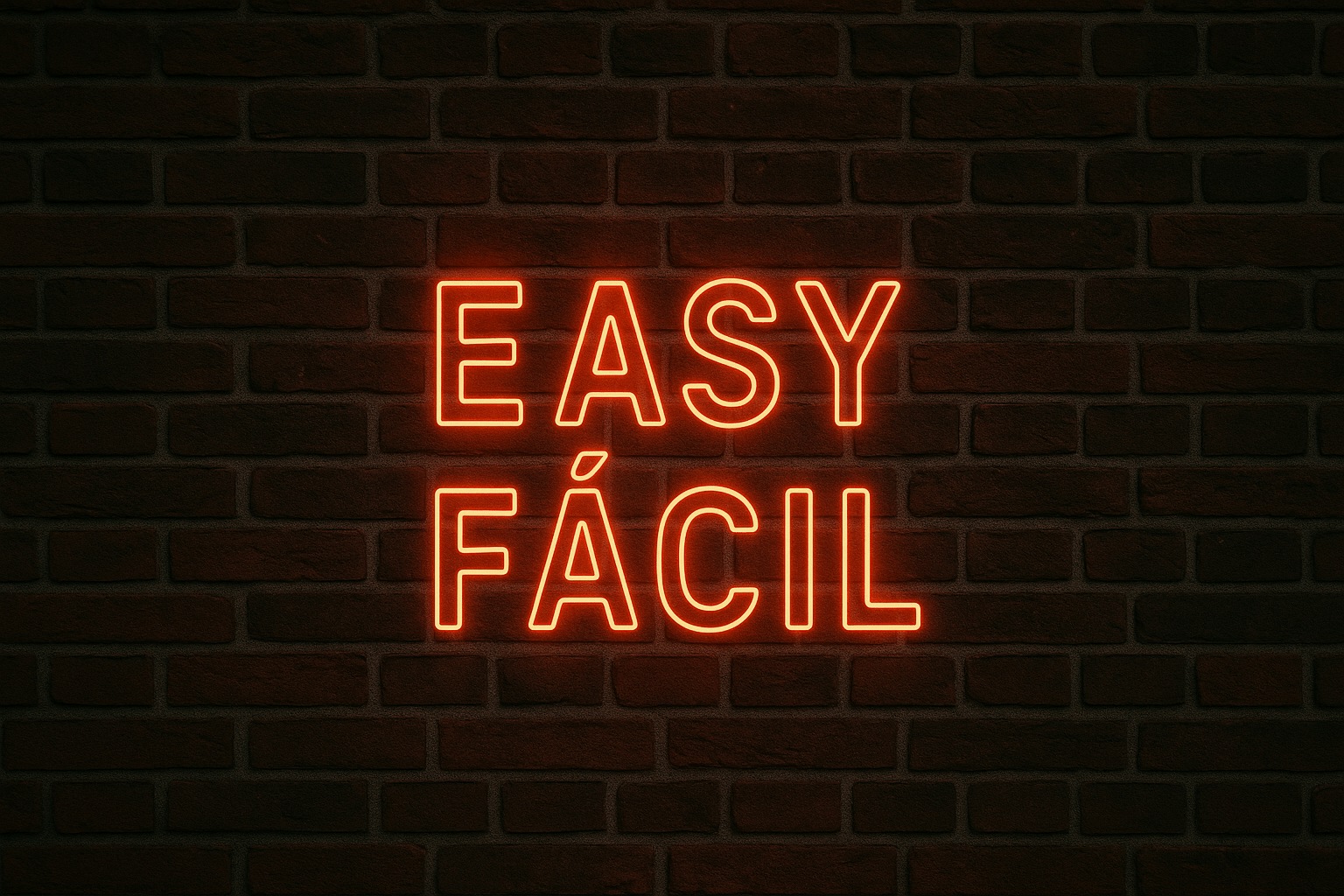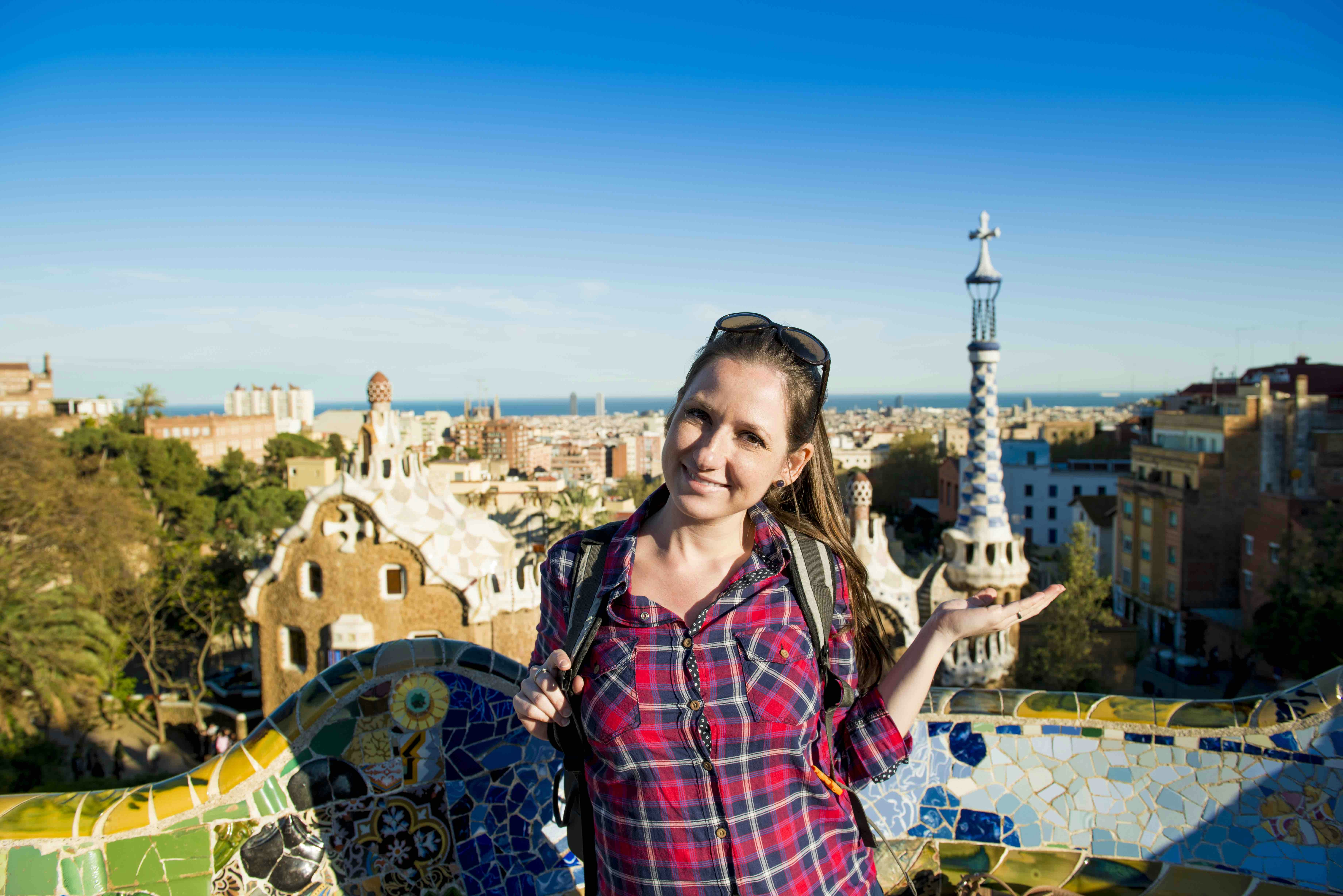Learning Spanish can be an exciting and rewarding journey, especially for those eager to immerse themselves in the language and culture. A beginner Spanish course aims to introduce students to the fundamentals, including vocabulary, pronunciation, grammar, and conversational skills. However, a few factors—such as course structure, duration, teaching methods, and student commitment—can influence the intensity of the course. Here’s a comprehensive guide to what you can expect from a rigorous introductory Spanish course.
Course Structure
- Class size and format: You can expect to study in a small group of up to 8 people maximum, with a mixture of nationalities. The Spanish teacher will encourage you to speak only in Spanish, but our teachers also speak English to help with translations if necessary.
- Typical lesson: Each lesson will have a theme, e.g. nationalities, routines, shopping, hobbies, etc. There will be lots of pictures and context to facilitate understanding, short texts, and some simple speaking practice. You'll get the chance to listen to and repeat simple phrases, interact with your classmates and teacher and work on new phrases and vocabulary.
- Resources: You'll work with a course book, supplemental materials the teacher gives you, and video and audio in class.
- Duration and frequency: You can choose to study intensively (every day, for several weeks or months), or a couple of times a week, if you have other commitments.
Skills Development
- Speaking and listening: You'll get the chance to listen to our native teachers and audio resources, and lots of speaking practice to help you get used to the producing and pronouncing Spanish words. This is done via dialogues, speaking exercises, and interactive activities.
- Reading and writing: Regular practice both inside and outside of the classroom will help solidify the new language you learn, making it instinctive.
- Basic Vocabulary: Courses typically begin with essential nouns, verbs, colours, days of the week, numbers, and greetings. You'll learn lots of vocabulary related to everyday situations.
- Pronunciation: Clear pronunciation is vital for effective communication. Courses include phonetic exercises to master specific Spanish sounds, such as rolled 'r's and the 'ñ' sound. Click here for a pronunciation guide.
Classroom Activities
- Basic Conversations: Initial dialogues focus on everyday interactions like making introductions, asking for directions, ordering food, and shopping.
- Role-Playing: This technique helps students practice real-life scenarios and become more comfortable speaking in public.
- Interactive Activities: Language games, group projects, and pair work create a supportive environment for practicing speaking.
Independent Study and Homework
- Assignments: Expect regular homework that supplements classroom learning, including writing tasks, vocabulary drills, grammar exercises, and reading comprehension.
- Self-Study: Effective learners often dedicate time for independent practice, using flashcards, language apps, watching Spanish media, and conversing. Here are the top ten apps to learn Spanish .
Methods of Instruction
- Emphasis on Communication: We use the communicative approach, prioritising effective communication over strict grammar rules. The focus is on interactive speaking and listening exercises.
- Real-Life Contexts: Lessons are designed around real-life situations to help students develop applicable language skills.
Feedback and Assessment
- Regular Assessments: Frequent quizzes, tests, and assignments help monitor progress and identify areas for improvement.
- Constructive Feedback: Instructors provide supportive feedback to help students overcome challenges and build confidence.
Cultural Activities
- Trips to the market: You'll get the opportunities to practice in real life, with the support of your teacher.
- Attend cultural activities: E.g. the Fiesta de Gracia or Sant Joan, or the numerous other cultural highlights in Barcelona. Attend with a native teacher and really get the most out of the event.
- Cooking class: Learn some super useful shopping and cooking vocabulary then put it all together in real life! And enjoy a great meal with your classmates too.
FAQs
What if I don't understand something?
You can always ask questions in class, and we encourage you to do so! Remember, learning a language is a process, and everyone progresses at their own pace. We create a comfortable environment where you can learn from mistakes and gradually build your understanding. All our teachers speak English, and some even speak French or Japanese.
How fast will I progress?
Progress depends on several factors, such as how often you practice and your individual learning style. Typically, beginners start noticing improvements within a few weeks, especially in understanding basic phrases and expressing simple ideas. However, becoming fluent takes time and consistent practice. We recommend focusing on small milestones, such as being able to hold a basic conversation or understanding everyday vocabulary, as great markers of your progress.
Will I get to practice with native speakers?
Yes! Our courses include opportunities to practice speaking with native Spanish teachers, as well as fellow students. We also organise interactive activities where you can apply what you’ve learned in real-life situations. The more you practice, the more confident you'll become, and practicing with native speakers is one of the best ways to improve quickly.
Do I need to know any Spanish before starting?
No! Our beginner courses are designed for students starting from scratch. We’ll guide you through the basics, from pronunciation to forming your first sentences. By the end of the course, you’ll be able to hold simple conversations and navigate everyday situations in Spanish.
How many hours a week should I study outside of class?
While there’s no strict rule, we recommend setting aside at least 1–2 hours per week for self-study. This could include reviewing class notes, practicing vocabulary, or doing homework assignments. The more time you can dedicate outside of class, the faster you’ll progress, but we understand everyone has different schedules.
Can I switch to a higher level if I’m progressing faster?
Absolutely. If you feel that you’re advancing quickly and are ready for a more challenging class, we can help assess your level and suggest a course that’s a better fit.
Next Steps
If you're ready to take the plunge and start your very first Spanish course, get in touch! You can complete the enquiry form here and book and appointment with our coordinator, to discuss your needs, timetable and course length.
¡Hasta pronto!






